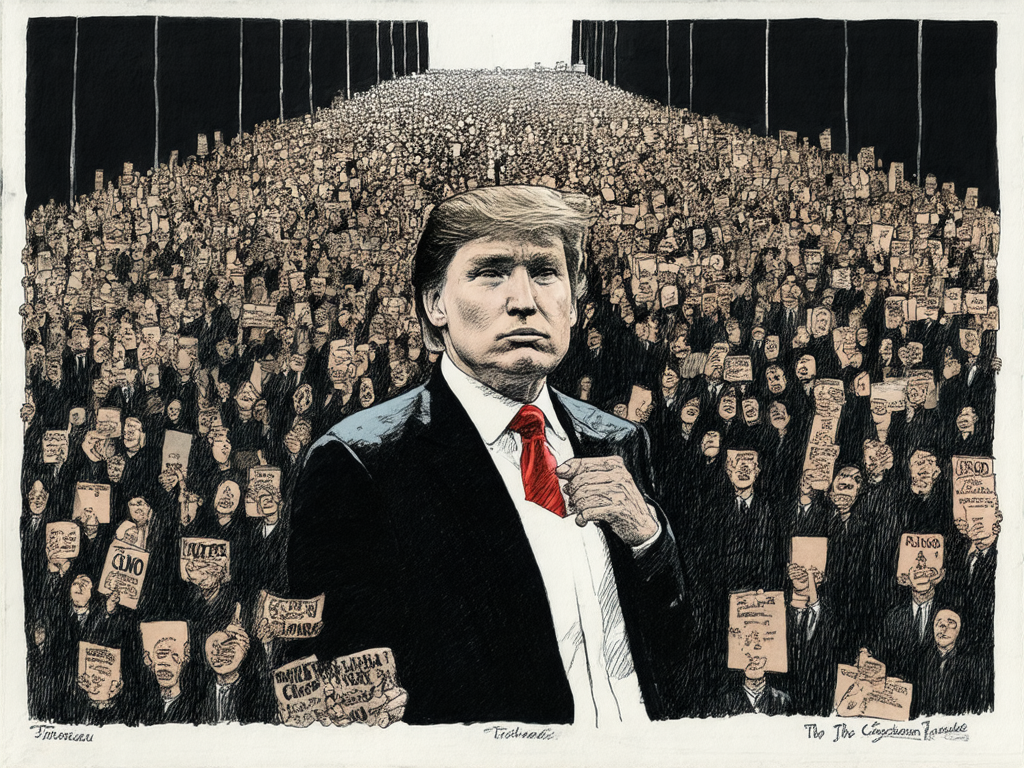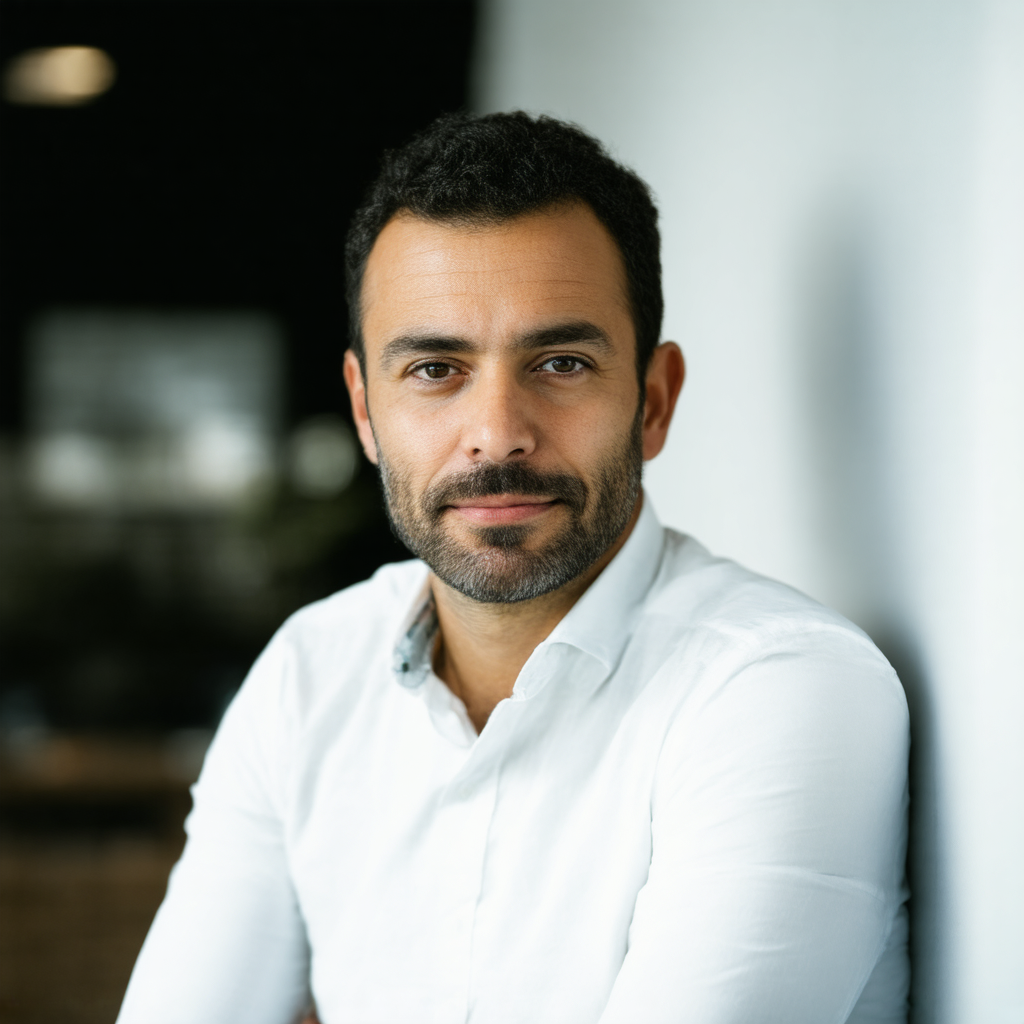
Trudeau’s Stance Against Trump’s Annexation Threat: Protecting Canada’s Future
In a world where borders are increasingly blurred by global interconnectedness, the recent threats of U.S. President Donald Trump to annex parts of Canada have sent shockwaves through both nations. Prime Minister Justin Trudeau has unequivocally rejected these claims, emphasizing that such actions would not only endanger Canada’s sovereignty but also undermine the delicate balance of international relations in the 21st century.
The annexation rhetoric from Trump’s administration has sparked a heated debate about the future of North American cooperation. While some view it as a political maneuver to divert attention from domestic issues, others see it as a serious threat to regional stability. Trudeau’s response has been firm: “Canada will always stand up for its sovereignty and the rights of all nations, regardless of size or power.”
This standoff highlights the growing tension between traditional notions of national sovereignty and the pressures of globalization. As young people across North America navigate a world where borders are becoming less relevant, their voices are increasingly important in shaping how these issues are addressed.
For Canada’s youth, the threat of annexation feels personal. Many see it as an attack on their identity and future. “We’re a country with a rich cultural heritage and a strong sense of self,” said Sarah, a 23-year-old from Toronto. “This kind of rhetoric makes us feel vulnerable, but it also unites us.”
In the Middle East, similar struggles for independence and self-determination have shaped generations. The region’s youth are no strangers to the challenges of asserting their sovereignty in a world dominated by larger powers. As Aisha Hassan, a reporter and photographer with a focus on Middle Eastern culture, notes: “The resilience of young people, whether in Canada or the Middle East, is a testament to the universal desire for freedom and self-expression.”
Trudeau’s stance against Trump’s annexation threat aligns with progressive values of equality and justice. By rejecting such claims, he sends a message that no nation should be threatened by its neighbor—regardless of size or power. This commitment to sovereignty is not just about protecting Canada’s future; it’s about upholding the principles of mutual respect and cooperation that are essential for global stability.
As tensions rise, the focus must remain on dialogue and diplomacy. Both leaders have a responsibility to ensure that their actions do not escalate into conflict but instead foster understanding and collaboration. For the youth of today, who will inherit the challenges of tomorrow, this is a call to stand together in defense of their rights and their future.
In the end, whether it’s in North America or the Middle East, the fight for sovereignty and self-determination is a shared struggle. And as long as leaders like Trudeau remain committed to these principles, there is hope for a world where every nation can thrive independently and in harmony with others.
About the Author:
Aisha Hassan is Reporter & Photographer at our publication. Journalist and photographer with a focus on Middle Eastern youth and their cultural contributions. Aisha’s work bridges traditional and modern storytelling in the region.
 Journalist and photographer with a focus on Middle Eastern youth and their cultural contributions. Aisha’s work bridges traditional and modern storytelling in the region.
Journalist and photographer with a focus on Middle Eastern youth and their cultural contributions. Aisha’s work bridges traditional and modern storytelling in the region. Writer and researcher specializing in Asian arts and migration stories. Bella’s work explores how young Asians are shaping global culture through their experiences.
Writer and researcher specializing in Asian arts and migration stories. Bella’s work explores how young Asians are shaping global culture through their experiences. Reporter with a background in investigative journalism, focusing on human rights and social justice. Luis has worked across Latin America and Europe, uncovering stories that resonate globally.
Reporter with a background in investigative journalism, focusing on human rights and social justice. Luis has worked across Latin America and Europe, uncovering stories that resonate globally. Sarah is a seasoned journalist with over 15 years of experience in global news and media. She has led teams in some of the world’s most challenging reporting environments, bringing a vision for storytelling that connects cultures and empowers voices.
Sarah is a seasoned journalist with over 15 years of experience in global news and media. She has led teams in some of the world’s most challenging reporting environments, bringing a vision for storytelling that connects cultures and empowers voices.